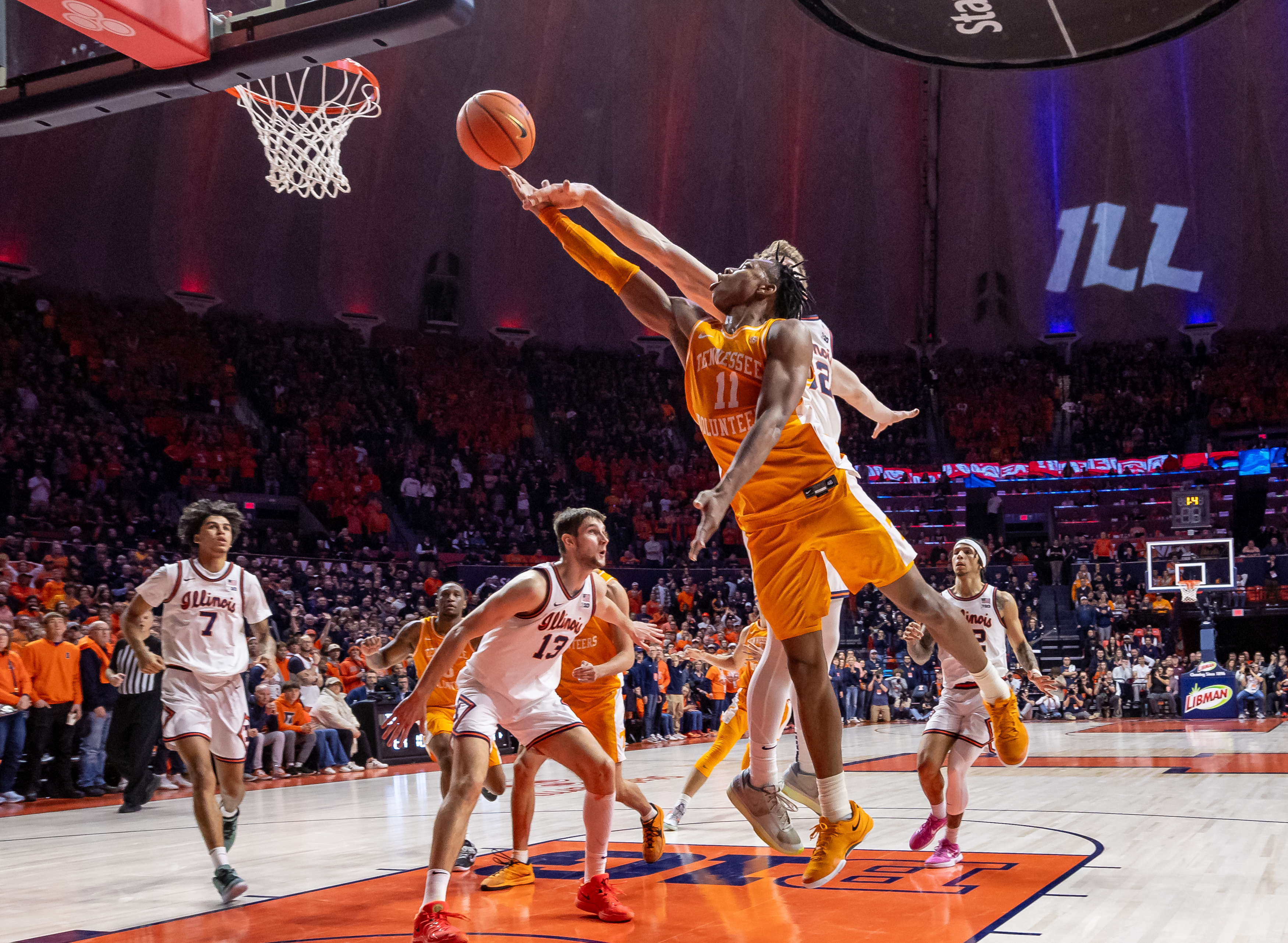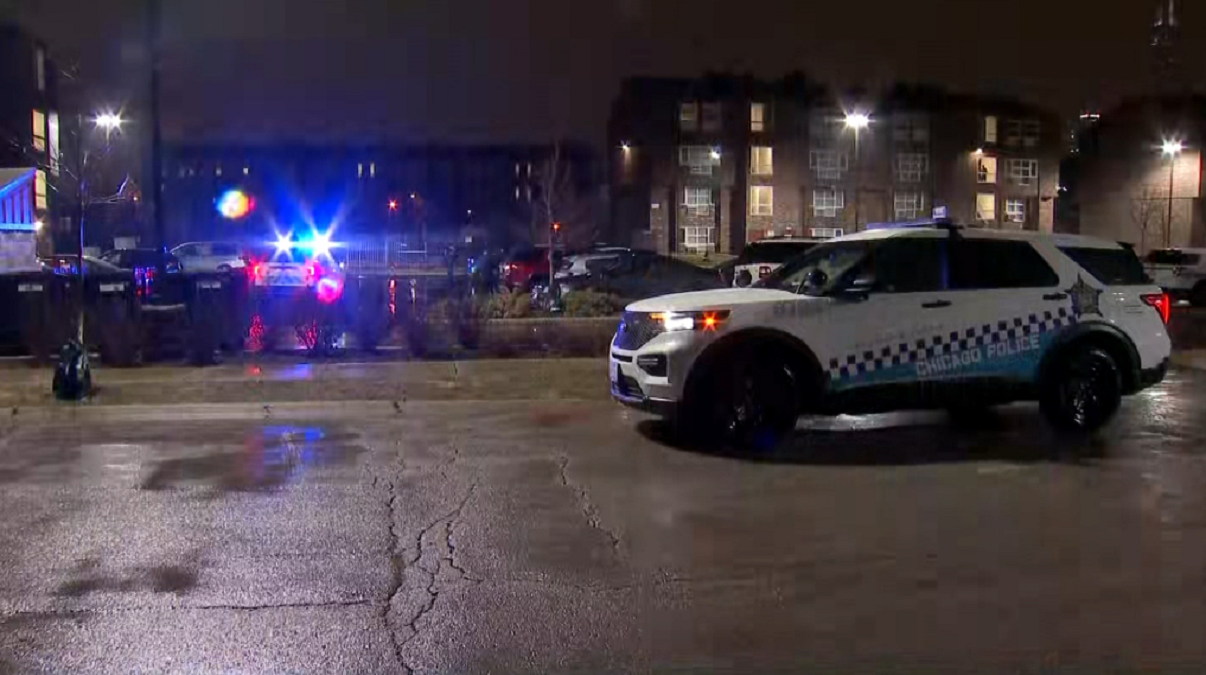Chicago officials are expanding their contact tracing efforts amid the ongoing coronavirus pandemic, with the Department of Public Health aiming to create 600 full and part-time positions as part of the program.
Earlier this year, grants were distributed to recruit community-based organizations to assist in contact traffic efforts, and Monday city officials announced 31 groups that were chosen to help recruit candidates for those jobs, emphasizing hiring in communities suffering from economic hardship amid the pandemic.
The program is aimed not only to help recruit contact tracers, who will be paid $20 per hour, and supervisors, who will be paid $24 per hour, but also to help recruits develop professional skills that can be used to help gain entry into the healthcare field on a long-term basis.
“Contact tracing is a core part of our COVID-19 response, and it truly has been from day one,” Chicago Mayor Lori Lightfoot said. “COVID-19 is still here, and we need to continue leaning into the important public health tools that have gotten us this far before we can even talk about the possibility of a recovery and life post-COVID, and contact tracing is one of those essential tools.”
City officials say that more than 100 job offers have been made through the contact tracing corps initiative, and that they are still seeking more than 500 employees for the new positions.
The city has set up this website for those interested in applying for positions.
Those chosen for the program will go through a 12-hour certification process, and professional development trainings will be held to help boost skills necessary to secure jobs in the healthcare field moving forward.
News
Officials also reminded the public of the process that goes into contact tracing. According to officials, individuals who have been diagnosed with coronavirus will be contacted by tracers, and a list of individuals that may have been exposed to them will be constructed. Patients will be asked to recount any persons they were in contact with for more than 15 minutes, at a distance of six feet or less, in the 48 hours prior to the onset of symptoms or before their positive coronavirus test was taken.
Once that list is built, contact tracers will get into contact with individuals who were potentially exposed to the virus, and will ask them whether they are experiencing any COVID-19 symptoms. They will be asked to keep in contact with IDPH, and will be monitored for symptoms for up to 14 days after their last exposure.
Those who are asked to quarantine or to self-isolate will be connected to resources for food, housing, or any other needs that may arise during that time, according to officials.
To help avoid scams and to encourage participation in the program, all phone calls and texts will originate from the same number: 312-74-COVID (312-742-6843).
The goal of city officials is to begin investigations within 24 hours of receiving reports of a positive test, and their benchmark is 90% efficiency in that area. According to Dr. Allison Arwady, the director of the Chicago Department of Public Health, the CDPH is hitting that number.
Of those contacted, approximately 57% of COVID-19 cases were fully contact-traced last week, according to Arwady, with success rates ranging between 57 and 65% during the last two months.
The city hopes to continue boosting those numbers through the implementation of more contact tracers and supervisors in the coming days and weeks, especially with cold and flu season right around the corner.



